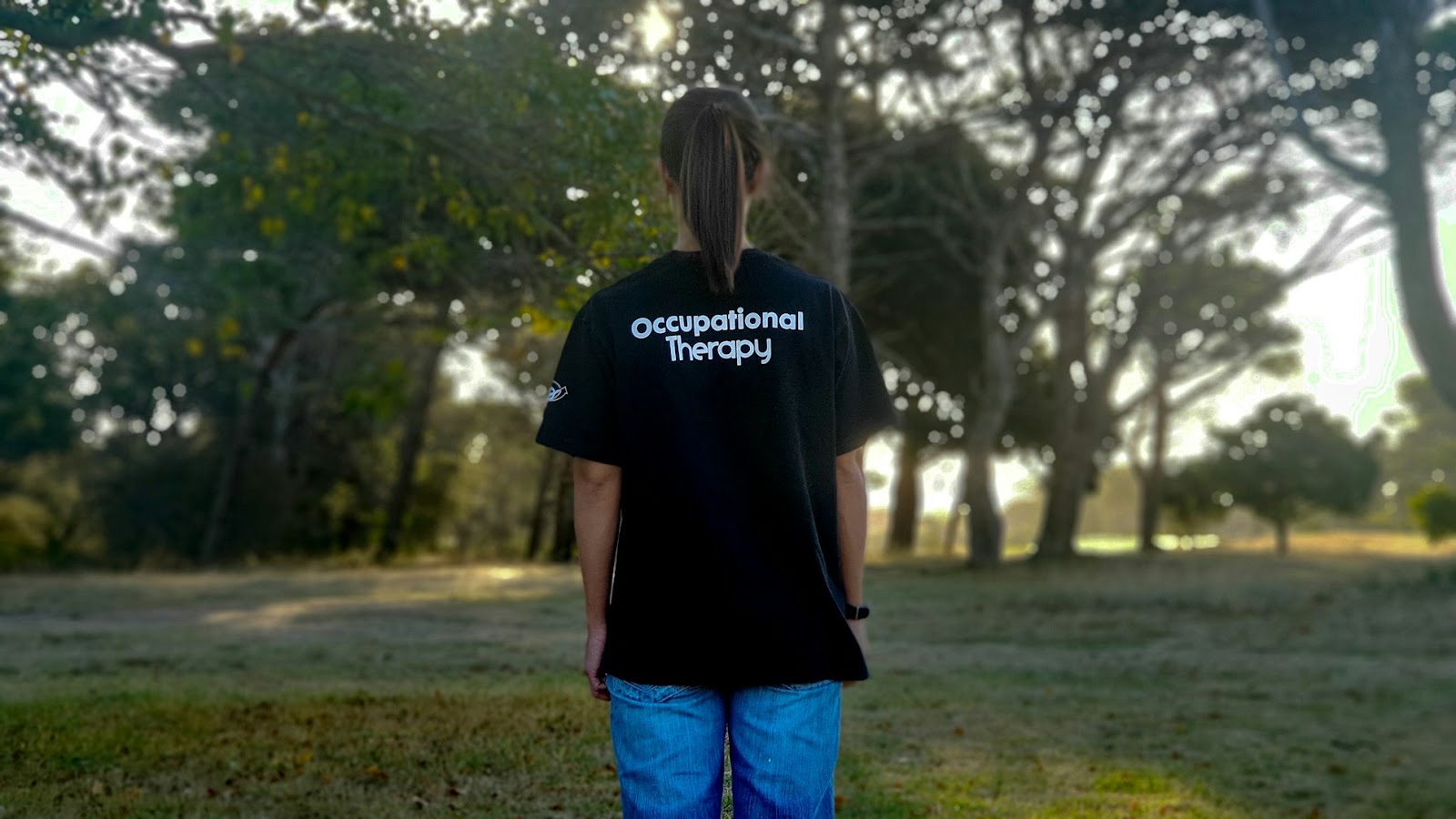Comments
- No comments found

In the realm of healthcare, the intersection between occupational therapy and nutrition is often overlooked.
Yet, these two fields share a profound connection that can significantly impact an individual's overall well-being. Occupational therapy (OT) focuses on helping individuals achieve independence in all aspects of their lives, while nutrition plays a pivotal role in sustaining physical health and vitality.
Understanding the link between occupational therapy and nutrition is crucial for delivering holistic care that addresses individuals' physical and functional needs. In this blog post, we delve into the symbiotic relationship between occupational therapy and nutrition, exploring how they complement each other to promote optimal health and wellness.

Online master's programs in Occupational Therapy (OT) offer a dynamic educational pathway for aspiring practitioners to pursue advanced training and credentials in this vital healthcare field. Through innovative online platforms, students can access comprehensive curricula, engage in interactive learning experiences, and collaborate with expert faculty and peers from diverse backgrounds.
These programs provide flexibility and convenience, allowing students to balance their academic pursuits with professional and personal commitments. By leveraging technology and virtual resources, OT masters programs online offer immersive clinical experiences, simulation labs, and real-world case studies to prepare students for the complexities of modern practice. Moreover, online education facilitates access to a broader range of perspectives and promotes inclusivity, enabling individuals from various geographic locations and backgrounds to participate in advanced OT training.
Overall, online master's programs in OT empower future practitioners with the knowledge, skills, and competencies needed to make a meaningful impact in the lives of individuals and communities.
Occupational therapy is a client-centered healthcare profession that aims to promote health and well-being through meaningful engagement in everyday activities or occupations. Occupational therapists work with individuals of all ages who may be experiencing physical, cognitive, or psychosocial challenges that hinder their ability to participate in daily activities. By focusing on the individual's unique goals and needs, occupational therapists help them develop skills, adapt environments, and establish routines that enable greater independence and quality of life.
Central to occupational therapy is the concept of "occupation," which encompasses a broad range of activities essential for daily living, including self-care, productivity, and leisure. Whether it's dressing oneself, preparing meals, or engaging in work or hobbies, these activities are fundamental to maintaining health, well-being, and a sense of identity. Occupational therapists assess the individual's abilities, challenges, and environmental factors to create tailored intervention plans aimed at optimizing functional performance and participation in meaningful activities.
Nutrition plays a critical role in supporting physical health, cognitive function, and emotional well-being. The food we consume provides the essential nutrients necessary for energy production, tissue repair, immune function, and countless other physiological processes. A well-balanced diet, comprised of a variety of nutrient-rich foods, is vital for maintaining optimal health and preventing chronic diseases.
Beyond its physiological impact, nutrition also influences cognitive function and mental health. Research has shown that certain nutrients, such as omega-3 fatty acids, vitamins, and minerals, play a key role in brain development, neurotransmitter synthesis, and mood regulation. Additionally, dietary patterns have been linked to various mental health conditions, including depression, anxiety, and cognitive decline. Thus, the importance of nutrition extends beyond physical health to encompass cognitive and emotional well-being.
The relationship between occupational therapy and nutrition lies in their shared goal of enhancing overall health and wellness. Both disciplines recognize the importance of addressing individual needs and empowering individuals to achieve their full potential. By integrating principles of nutrition into occupational therapy practice, therapists can enhance the effectiveness of their interventions and promote holistic well-being.
One way in which occupational therapists incorporate nutrition into their practice is through education and guidance on healthy eating habits. Many individuals with physical or cognitive impairments may face challenges in meal preparation, grocery shopping, or adhering to dietary recommendations. Occupational therapists can provide strategies and resources to overcome these barriers, such as adaptive kitchen tools, meal-planning techniques, and community resources for accessing nutritious foods.
Furthermore, occupational therapists may collaborate with registered dietitians or nutritionists to develop comprehensive treatment plans that address both physical and functional aspects of health. For example, in rehabilitation settings, interdisciplinary teams may work together to support individuals recovering from injuries, surgeries, or chronic illnesses. By coordinating care and sharing expertise, these professionals can optimize the individual's nutritional status while simultaneously addressing mobility, self-care, and other functional goals.
In pediatric occupational therapy, nutrition also plays a significant role in promoting developmental milestones and overall well-being. Occupational therapists working with children may address feeding difficulties, sensory aversions, or oral motor challenges that impact nutrition and growth. By incorporating feeding therapy techniques, sensory integration strategies, and parent education, therapists can help children develop healthy eating habits and improve their nutritional intake.
Moreover, occupational therapy interventions aimed at promoting independent living and community integration often intersect with nutrition-related activities. For instance, occupational therapists may collaborate with clients to plan and prepare meals, manage grocery shopping and budgeting, or navigate food-related social situations. By addressing these skills within the context of daily life, therapists empower individuals to make healthy choices and participate fully in their communities.

The link between occupational therapy and nutrition underscores the importance of a holistic approach to health and wellness. By recognizing the interconnectedness of physical, cognitive, and nutritional factors, healthcare professionals can provide comprehensive care that addresses the diverse needs of individuals. Whether it's supporting independence in daily activities, promoting healthy eating habits, or enhancing overall well-being, integrating occupational therapy and nutrition offers a powerful framework for improving quality of life. As advocates for holistic care, let us continue to embrace the synergy between these disciplines and empower individuals to thrive in all aspects of their lives.
Leave your comments
Post comment as a guest